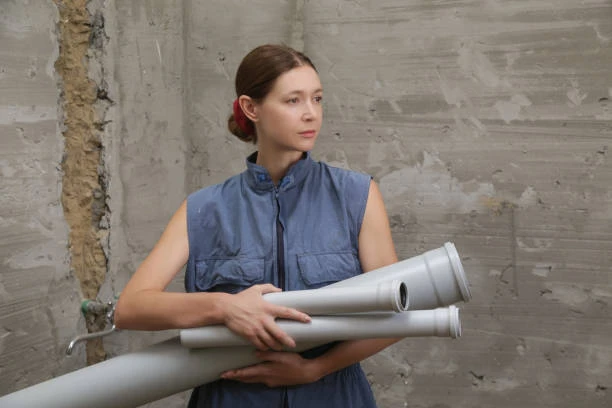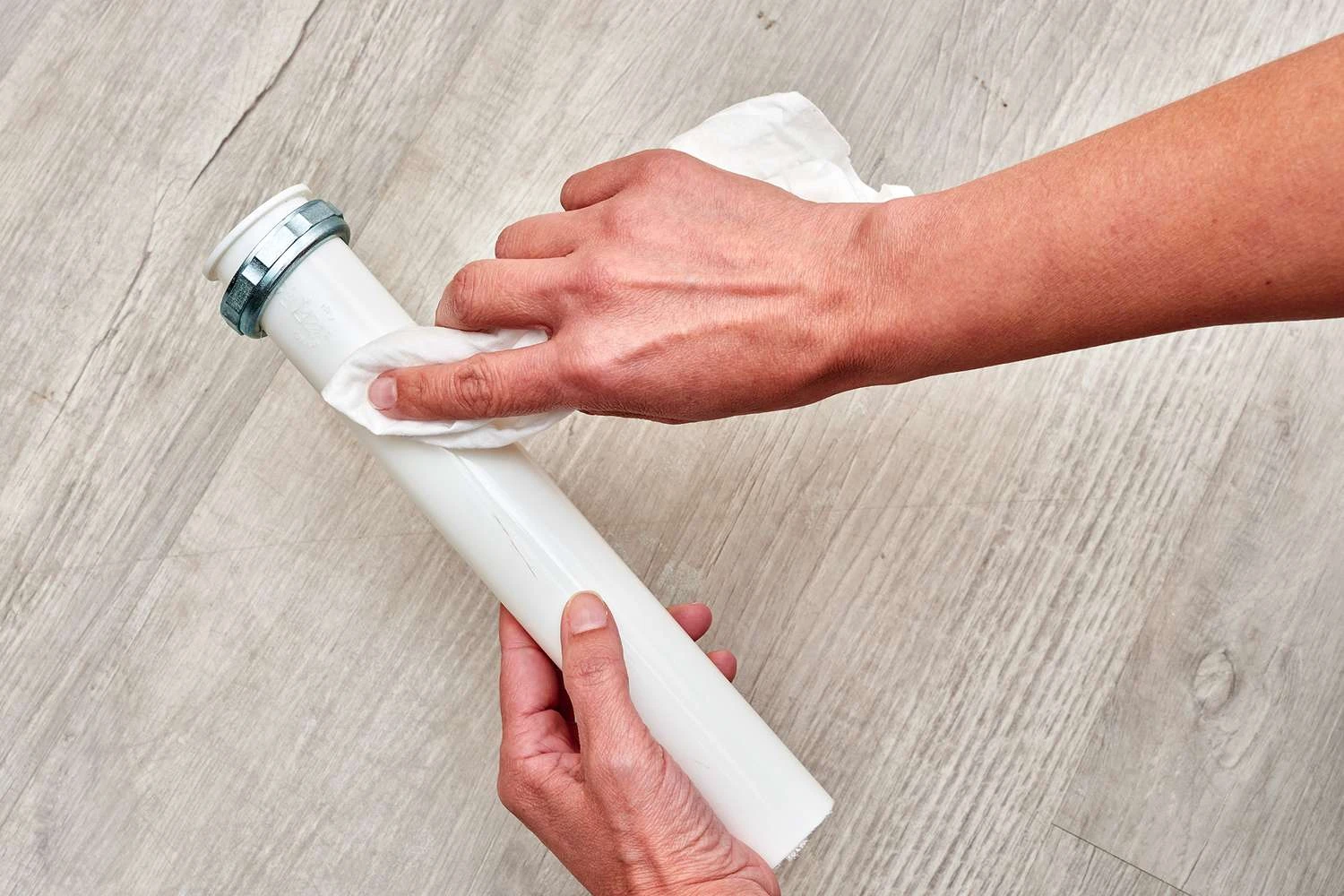Introduction in Plastic Pipe Advantages
The construction and infrastructure industries rely heavily on pipes for various applications. While traditional materials like metal and concrete have long dominated the market, plastic pipes are gaining popularity due to their numerous advantages. However, many people are still unaware of these benefits. Educating the market about the plastic pipe advantages is essential for increasing adoption and ensuring better decision-making in construction projects.
This article explores the key advantages of plastic pipes, including cost-effectiveness, durability, ease of installation, and environmental benefits. We will also discuss why educating the market on these advantages is crucial for the industry’s growth.
Why Plastic Pipes Are Gaining Popularity
Plastic pipes, particularly those made from materials like PVC, CPVC, and HDPE, have revolutionized the piping industry. They have gradually replaced older materials like metal, concrete, and clay in many applications. But the shift hasn’t been without its challenges, particularly in educating the market about the advantages of plastic pipes. The construction industry needs to understand why plastic pipes are a superior alternative.
Key Plastic Pipe Advantages
1. Cost-Effectiveness
One of the primary advantages of plastic pipes is their affordability. Plastic pipe advantages are especially noticeable when compared to traditional materials like metal or concrete. Plastic pipes are typically less expensive to produce, transport, and install. They are lighter than metal pipes, which reduces shipping and handling costs. Additionally, plastic pipes require fewer fittings and connectors, further reducing the overall cost of a project.
By lowering material and labor costs, plastic pipes allow builders and contractors to cut down on expenses, making them a budget-friendly choice for both large and small-scale projects.
2. Durability and Longevity
Plastic pipes are highly durable, making them a great long-term investment. Unlike metal pipes, which are prone to corrosion, plastic pipes do not rust or degrade over time. They are resistant to a wide range of chemicals, which makes them ideal for industrial applications. They can withstand extreme temperatures, high pressure, and other harsh conditions, ensuring that they last for decades with minimal maintenance.
For example, PVC pipes are known for their strength and durability, even in high-pressure environments like water distribution systems. Educating the market on these benefits is essential for overcoming concerns about the long-term reliability of plastic pipes.
3. Ease of Installation
Installing plastic pipes is far simpler and faster than traditional materials. Plastic pipes are lightweight and easy to handle, reducing the need for heavy machinery and making the installation process quicker and less labor-intensive. This advantage results in lower labor costs and faster project completion times.
Plastic pipes are also more versatile in terms of fitting and customization. They can be easily cut to the required length and fitted using simple tools, reducing the need for specialized skills or equipment. Contractors can install plastic pipes with greater efficiency and precision, which speeds up the overall construction process.
4. Corrosion Resistance
Unlike metal pipes, plastic pipes do not corrode when exposed to moisture or chemicals. This resistance to corrosion is one of the most significant plastic pipe advantages, particularly in areas with high humidity or exposure to aggressive substances. Metal pipes, on the other hand, are prone to rust and deterioration, which can lead to leaks and costly repairs.
Plastic pipes offer a much longer lifespan, especially in harsh environments like underground systems, sewage treatment plants, and chemical processing facilities. Educating the market about corrosion resistance can help industries make the switch to plastic pipes for long-lasting, low-maintenance solutions.
5. Environmental Benefits
Plastic pipes are also more environmentally friendly than traditional piping materials. They are made from recyclable materials and can be reused in many cases. The production process for plastic pipes typically requires less energy than that of metal pipes, making them a more sustainable choice for construction.
Additionally, the lightweight nature of plastic pipes reduces transportation energy costs and lowers their carbon footprint. For environmentally conscious projects, plastic pipes provide an eco-friendly solution without compromising on strength or durability.
6. Leak-Proof Joints and Tight Seals
Plastic pipes offer excellent joint integrity, which helps prevent leaks and improves overall system efficiency. Modern plastic pipe systems use advanced technologies like solvent welding and rubber gaskets to create tight seals that minimize the risk of water loss or contamination. This is especially beneficial for water and gas distribution systems, where leaks can lead to wastage and safety concerns.
The tight seals and strong joints make plastic pipes a reliable choice for both residential and commercial applications. Educating the market about the importance of leak-proof systems can highlight one of the most critical advantages of plastic pipes.

Why the Market Needs Education on Plastic Pipe Advantages
Despite the numerous benefits, plastic pipes still face skepticism from some in the market. Many contractors, builders, and decision-makers are accustomed to traditional materials and may not be fully aware of the advantages that plastic pipes offer. This lack of awareness can hinder the widespread adoption of plastic piping solutions, even though they are a superior option in many cases.
1. Resistance to Change
The construction industry tends to be slow to adopt new technologies or materials. Decision-makers often prefer to stick with what they know, especially when it comes to major infrastructure projects. Educating these stakeholders on the long-term advantages of plastic pipes can help overcome resistance to change.
2. Misconceptions About Strength and Durability
One of the biggest misconceptions about plastic pipes is that they are not as strong or durable as metal pipes. This belief persists even though plastic pipes have been proven to be just as reliable—if not more so—in various applications. By providing educational content, manufacturers and industry experts can dispel these myths and demonstrate the real-world performance of plastic pipes.
3. Lack of Knowledge About New Technologies
Plastic pipe manufacturing technologies have evolved significantly in recent years. Newer materials, like cross-linked polyethylene (PEX), are even more durable and flexible than traditional PVC pipes. Unfortunately, many in the market are not familiar with these advancements. Educating the market on these newer technologies can help position plastic pipes as a future-proof solution for construction projects.
4. Inconsistent Standards and Regulations
Different regions have different standards and regulations for plastic piping systems. These varying requirements can create confusion for contractors and builders. By educating the market about the regulatory standards for plastic pipes, manufacturers can help ensure that their products meet local compliance requirements, making it easier for builders to choose plastic pipes over traditional materials.
The Role of Manufacturers in Education
Manufacturers play a critical role in educating the market about the advantages of plastic pipes. By providing clear, accessible information on the benefits of plastic pipes, manufacturers can help decision-makers make more informed choices. This can include offering case studies, conducting training sessions, providing technical support, and hosting webinars or workshops.
Additionally, manufacturers can work with industry associations, trade organizations, and educational institutions to promote the advantages of plastic pipes in academic and professional settings. This can lead to a broader understanding of the benefits of plastic pipes across various sectors.
Conclusion
Plastic pipes offer numerous advantages over traditional materials, including cost-effectiveness, durability, ease of installation, corrosion resistance, and environmental benefits. Despite these advantages, the market still needs education to fully embrace plastic piping solutions. Manufacturers and industry experts must collaborate to raise awareness and dispel misconceptions about the strength and reliability of plastic pipes. By doing so, they can drive greater adoption of these sustainable, cost-effective, and high-performance products.
Frequently Asked Questions (FAQs)
1. What are the key advantages of plastic pipes over metal pipes?
Plastic pipes are lighter, more durable, resistant to corrosion, and easier to install. They also tend to be more cost-effective.
2. Are plastic pipes as durable as metal pipes?
Yes, plastic pipes are highly durable, resistant to corrosion, and can last for decades, even in harsh environments.
3. How do plastic pipes help reduce project costs?
Plastic pipes are lightweight, easy to install, and require fewer fittings, which reduces labor and material costs.
4. Are plastic pipes environmentally friendly?
Yes, plastic pipes are made from recyclable materials, and their production process requires less energy than metal pipes.
5. How can manufacturers help educate the market on plastic pipe advantages?
Manufacturers can provide educational materials, host workshops, and collaborate with industry associations to raise awareness about plastic pipe benefits.


















